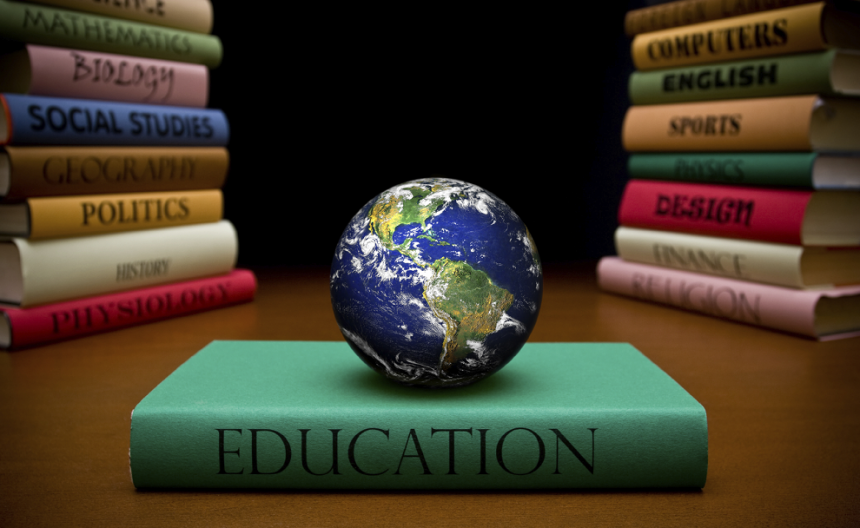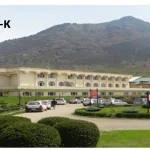Education is the key to a country’s destiny. A polity’s citizens who receive high-quality education develop a civic sense, which leads to prosperity, technological advancements, political maturity, economic dynamism, and adherence to constitutional norms. Conversely, a majority of unemployed people who lack quality, innovative, and analytical skills are economically naïve and politically unconscious. Unfortunately, the latter type of education is popular in our region of the world.
There have been many intricate structural, institutional, and organizational issues affecting our educational system. Although these complex issues have long existed, we will only be able to handle and control them if our ruling class abandons its narrow and trivial political objectives and adopts real, politically-oriented, and problem-solving methods.
The obvious problems with public schools include inadequate facilities for training newly hired and in-service teachers, out-of-date and overburdened curricula, antiquated teaching methods, inadequate infrastructure, widespread and unchecked corruption in the hiring of teachers for public institutions, financial constraints faced by government schools, and a high child dropout rate brought on by financial strains experienced by lower-class parents. Also lack of public trust in higher education is another issue that coexists with these problems. Unproductive education has caused a sense of discontent and irritation among the populace due to the steadily rising number of unemployed graduates.
When a father who barely makes ends meet sees a number of unemployed graduates in his immediate vicinity, how can we persuade him to save some hard-earned cash and send his child to college or university? He will, in all honesty, send his child to a technical and skill-based school rather than a university that charges exorbitant tuition but offers nothing but a depressing group of jobless youth who are ill-equipped to compete in the global professional market.
The requirement of the hour is to guarantee high-quality education. This nation could no longer afford a reprehensible system of education. In fact, a paradigm shift is also necessary in learning approaches, just like our foreign policy. First and foremost, all teachers (both newly hired and in-service) should begin receiving training from the provincial education departments. Academic and extracurricular goals should be developed for teachers as incentives, and they should receive official accreditation after they meet these goals. The most tried-and-true methods to use are financial incentives and early promotions.
Second, the debate over the curricula is as old as this nation itself.The medium of instruction is the first topic that has consistently been at the forefront of syllabi. Many studies have demonstrated that mother tongue instruction should be the main focus of early childhood curricula, coupled with other supplemental languages, such as English and Urdu in our instance. The curriculum should be updated frequently to take into account the science’s quick advancement.
Additionally, a democratic and accommodating syllabus is one that uses symbols on the cover pages to instill in the minds of the young people moderate tendencies, such as civic and political sense, acceptance of constitutional standards, distaste for terrorism and extremism, sex education, and gender-related concerns.
Third, robust regulatory measures should be used to depoliticize testing agencies in order to increase transparency in the teacher hiring process. Fourth, the large percentage of out-of-school children and dropouts is evidence that public schools have the worst infrastructure. In the remote regions of the nation, the majority of schools lack adequate facilities, including electrically equipped classrooms, libraries and toilets. Furthermore, a great deal of financial strain prevents the majority of parents from sending their kids to school. Adequate budgetary allocation can improve schools infrastructure and provide financial support to parents, enabling them to send their children to school.
In addition, it is essential to establish a connection between industry and colleges in order to provide favorable job prospects.It should come as no surprise that the growing divide between the nation’s industrial and higher education sectors is extremely detrimental to the nation’s industrial and educational futures.Half-baked institutions produce half-baked research, which feeds the vicious cycle of economic instability that has been set off by the turbulent political past. In order to prevent this impending issue, the government should make significant investments in the research sector and establish coordination between the industrial and higher education sectors. This will ensure that university research is both economically productive and creates jobs for the researchers.
(Author is a research scholar and can be reached at: [email protected])








